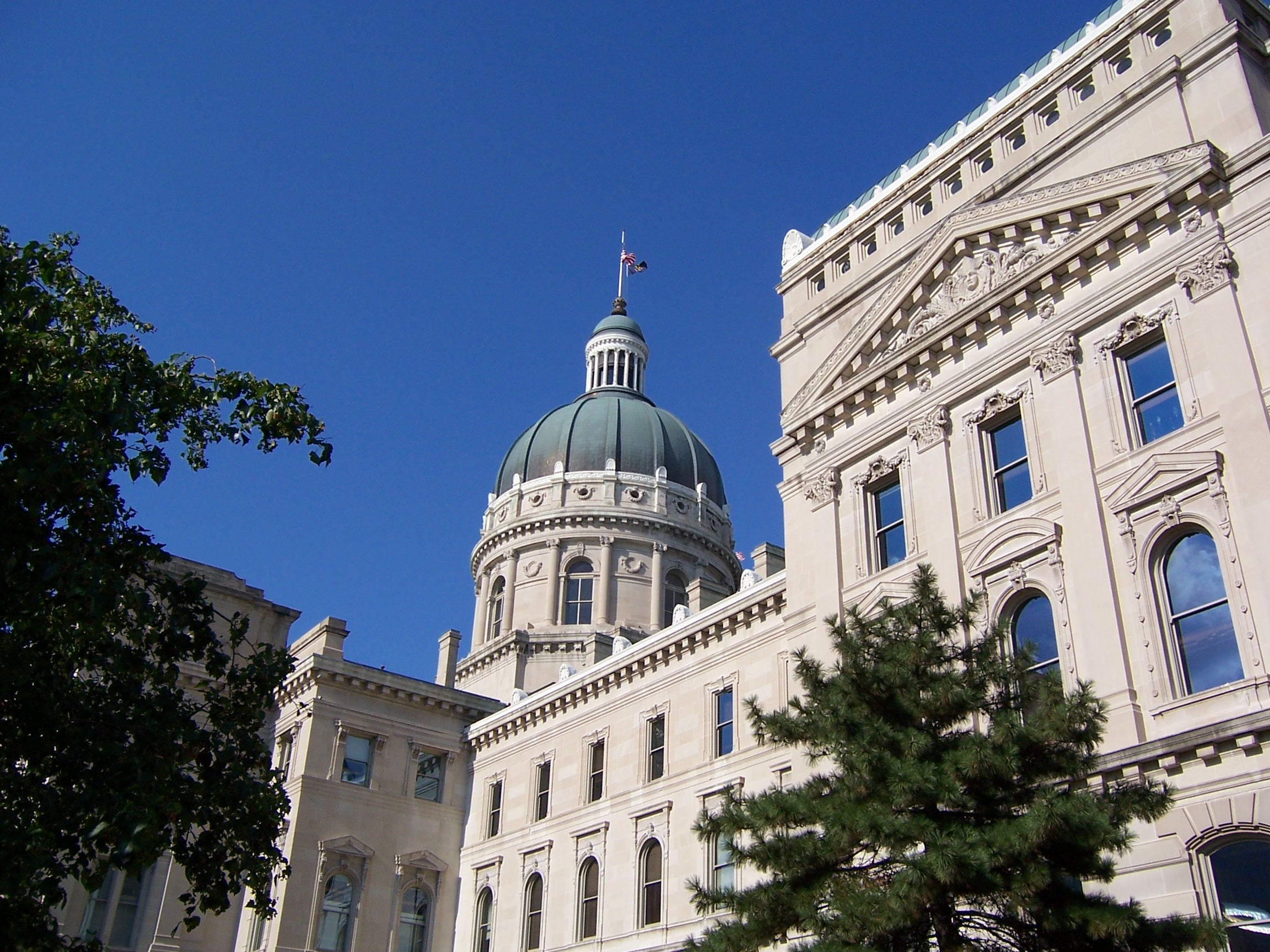Christina Hale is currently the executive director of Kiwanis Youth Programs. She is a regular panelist on IN Focus, a show discussing Indiana politics. In 2016, she was the Democratic nominee for lieutenant governor. She has previously served in the Indiana House of Representatives.
Harvard Political Review: After the midterm elections, Republicans hold all statewide elected offices in Indiana, and supermajorities in both chambers of the state house. Can the Democratic Party still be successful in Indiana?
Christina Hale: There are a lot of people in Indiana who continue to think of themselves as Independents and don’t affiliate with one party or the other. Certainly, Democrats have hit the nadir of statewide office and our opportunity to serve at that level. That said, we picked up seats in the state legislature, and we saw a flurry of activity in different demographics all over the state, particularly among women and younger voters.
HPR: You are on the board of directors for Hoosier Women Forward, a leadership training program designed to empower Democratic women to become more involved in politics and leadership. How do you hope groups like these help the state of the Democratic party in Indiana?
CH: I also helped with Women for Change, a nonpartisan organization that did work to help recruit and train women candidates for a number of offices around the state. Something the Republicans have done well in Indiana for the past 28 years is recruit and train women to get involved in politics. This isn’t necessarily as candidates, but it’s behind the scenes, being active, cultivating the giving culture, teaching people how to organize and be effective when driving political outcomes and races everywhere.
Democrats were 28 years late to the party. The Richard Lugar Series for Women has been active for many years, so it’s no wonder you see five women elected to statewide office, all Republicans. You have to admire that. One very positive outcome from 2016 for Democrat women in Indiana is that Democrat women are finally getting organized to support each other in a structured and instructional way. We are being more strategic in how we prepare ourselves to drive positive change in Indiana.
HPR: Why is it important for Hoosier voters to give Democrats a chance in future elections?
CH: Particularly in 2016, much of the election was focused on the very vivid personalities at the top of the ticket, and we gave little weight to the issues that impact Hoosiers’ daily lives, issues that people still are not talking about. We have one of the worst maternal mortality rates in the nation; fewer women in Indiana are surviving childbirth than in almost any other state. We have one of the worst infant mortality rates. We have the very worst air quality of any state in the nation. Our water infrastructure everywhere is falling apart.
These are expensive issues, both in terms of human impact and in financial impact to taxpayers. They are things that we have to deal with, but first, we need to raise them in public discourse and in our elections. We need people who have a plan and get to work on fixing these issues. These are not partisan issues. These are very practical matters of great concern. It is time that the people of Indiana really tuned in to what matters most. The best way to do that is through strong debate as we engage in campaigning.
HPR: What do you hope to do to stay involved in Indiana politics?
CH: I want to continue to raise attention to issues that affect Hoosiers, whether through writing columns in newspapers or doing broadcast media. There are issues that we need to talk about and take action to solve. There’s a lot that needs to be done. I want to continue to drive the public conversation to be about practical solutions for Hoosiers. I want to support candidates around the state who are in it for the right reasons, who have good hearts and good minds, and who want to do the right thing for Hoosiers.
I also want to remind people that it comes down to us. Every vote does matter. In recent years, we’ve had one of the worst voter turnout rates of any state in the country. It is urgent that people everywhere, young and old, engage in these issues and see beyond just Sunday morning television and the constant partisan news cycle. If we don’t start paying attention to these issues, we’re going to be in big trouble. We’re all driving over potholes and broken water pipes, and we struggle with access to health care. These are the things that really matter. It is up to us to drive change. We cannot just sit around and wait for other people to do it because it will not happen. The first step is making sure that you vote.
This interview has been edited and condensed.
Image Source: Wikimedia/Wero
